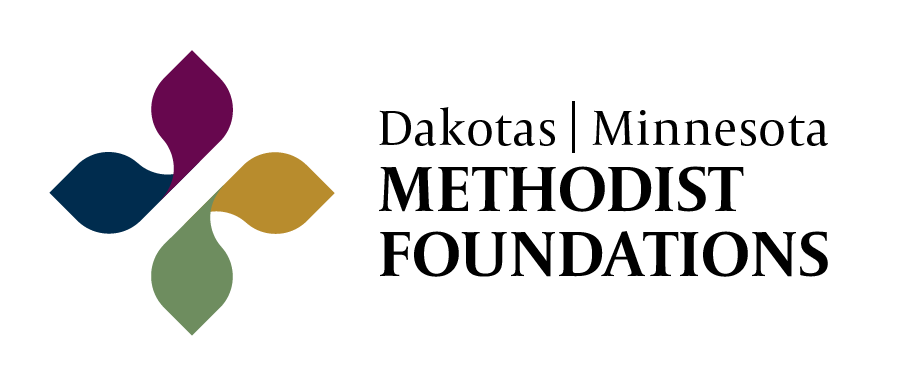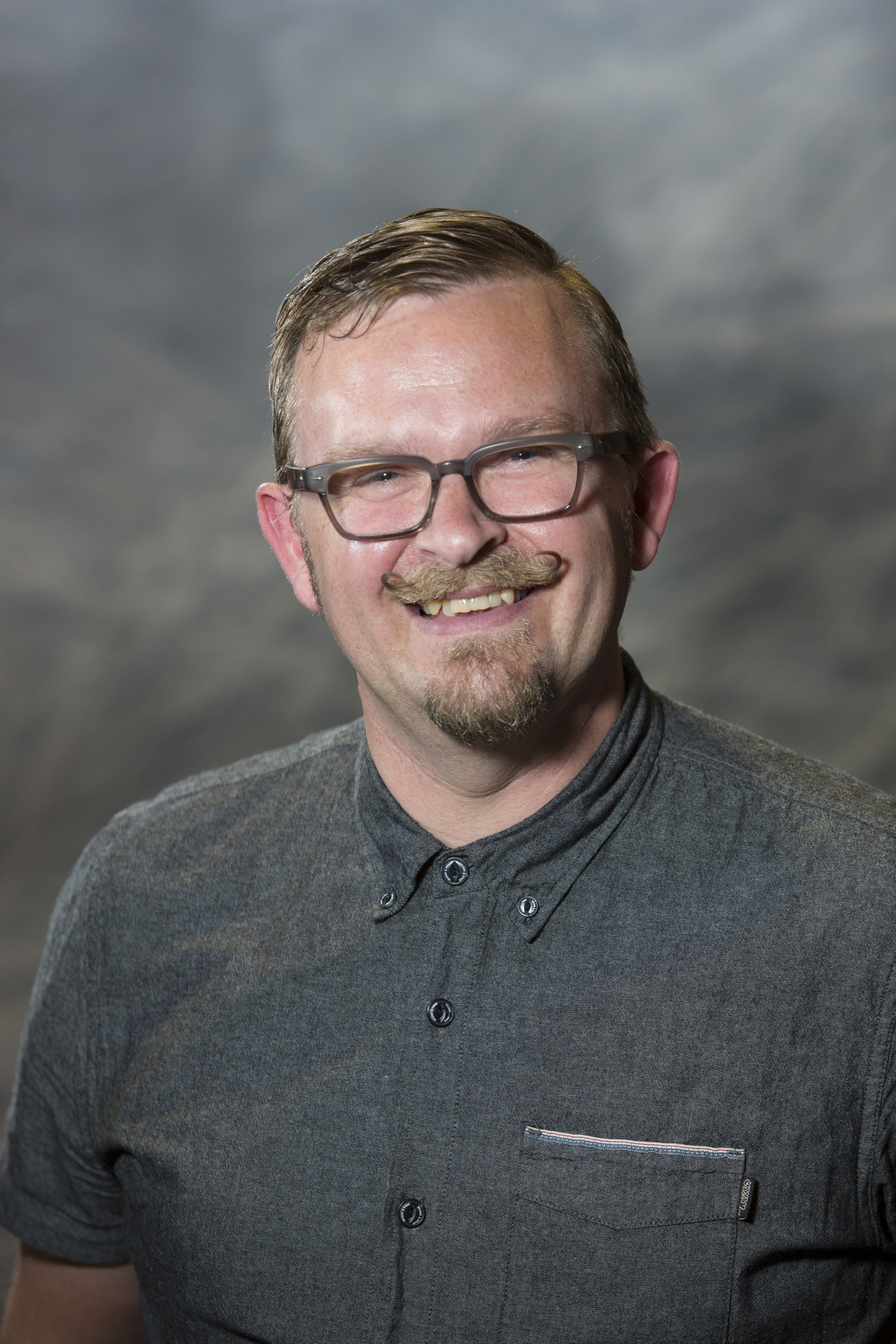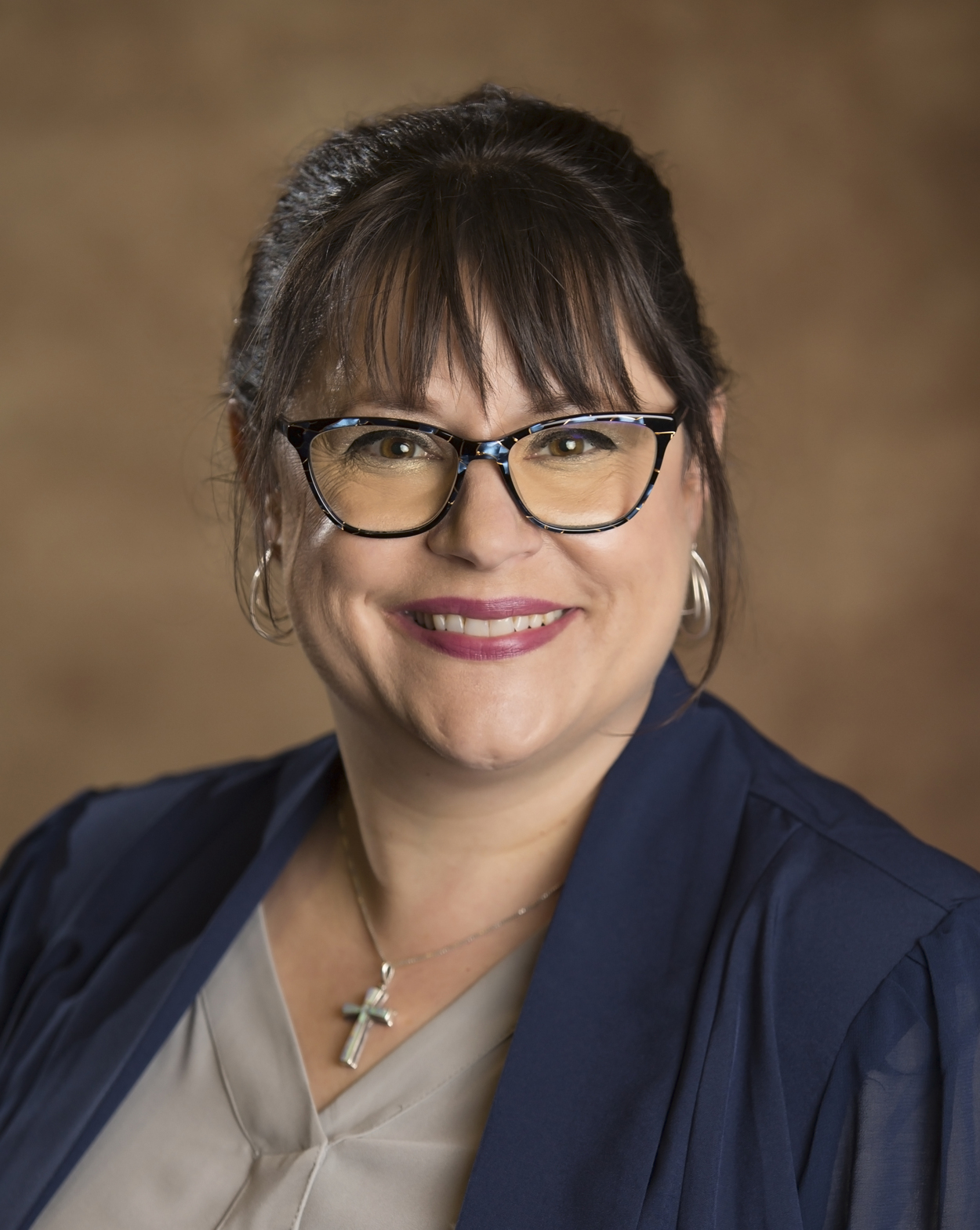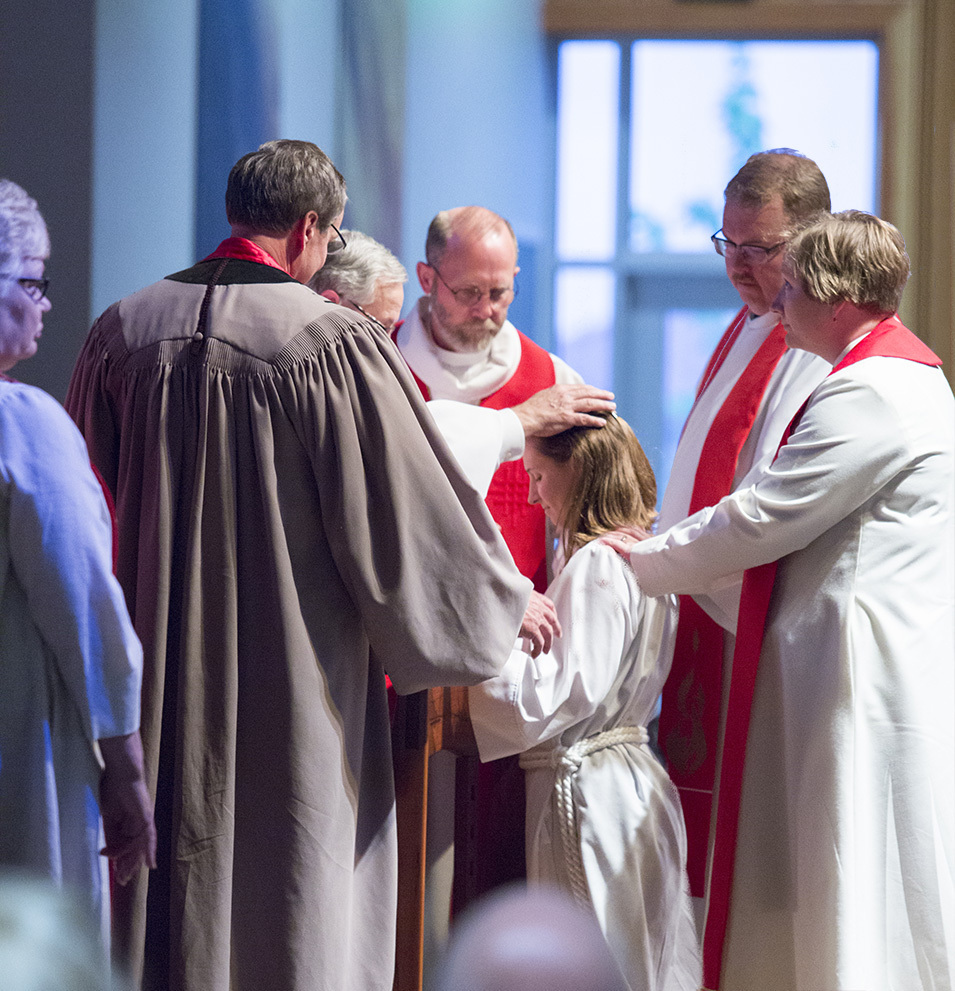
Scholarship dollars and a new approach to seminary

Pastor Matt Morrison. File photo.
“People are walking away from seminary with incredible debt, $40,000, $50,000, or $60,000. I will graduate debt-free thanks to the Dakotas Conference.” —Matt Morrison, Sioux Falls Seminary Kairos student serving Sioux Falls Asbury United Methodist Church.
“The scholarship aid I have received has been an incredible blessing, especially with the downturn of the agriculture economy. The support and encouragement I have received from the Dakotas Conference is a source of strength for me as I strive for program completion.” —Jeanne Sortland, Sioux Falls Seminary Kairos student serving Kensal and Wimbledon United Methodist Churches
In 2018, the Dakotas Conference, through the Dakotas United Methodist Foundation, distributed $103,000 in grants and scholarships to 13 seminary students.
Scholarship recipients included these students attending seminaries on campus: Natalie Buck at Candler School of Theology, Sara Green attending United Theological Seminary of the Twin Cities, Kara Togel attending Wesley Theological Seminary, and Jennifer McDonald attending Asbury Theological Seminary.
Scholarship recipients also included nine students who are enrolled in the Sioux Falls Seminary Kairos program and serving Dakotas Conference churches: Thomas Carlson serving Tolstoy and Cresbard, Don Dinger serving Bismarck Legacy, Paul Kimball serving at Watertown Encounter, Jason Martens serving Salem Unite, Matt Morrison serving Sioux Falls Asbury, Michele Slott serving Rapid City First, Jeanne Sortland serving Kensal and Wimbledon, Kippy Udehn serving Highmore, Harold, and Blunt, and Teresa Whetsel serving Miller.
The Kairos program is a master of divinity designed for students already actively engaged in ministry. The distance learning program allows individuals to integrate their faith and work. It facilitates flexible learning through contextually integrated educational moments and adaptable assignments. With the exception of gatherings on the Sioux Falls Seminary campus each October and April, course work is completed in context. It is a partnership between Garrett-Evangelical Theological Seminary and Sioux Falls Seminary approved by the University Senate of The United Methodist Church.
The program allows church leaders to serve in ministry and obtain the education needed to become an ordained elder or deacon of the church. It removes barriers for many.

Pastor Jeanne Sortland. File photo.
Jeanne Sortland says, “When I was considering a seminary education, I considered the options for distance learning at the institutions approved by the University Senate. Unfortunately, the travel time and expense of those programs would have taken an incredible toll on my family.”
Matt Morrison may not have been a candidate for ministry without the program. “I have been working in a ministry setting for more than 17 years. If I had to go the traditional route of attending a seminary program out-of-state and on campus, I am not sure I would have considered ordained ministry.”
The Kairos journey creates a flexible path for students that is defined by outcomes.
“The program takes what you are already doing in ministry and allows you to align your work to master outcomes that are defined,” Pastor Matt says.
The outcome-based approach may mean that in one semester you are working on projects and /or taking courses online. Pastor Matt describes that when he went to Uganda on a mission trip he was teaching pastors and guiding undergraduate students. Together, with his mentor team, he mapped out how the mission trip aligned with specified outcomes in the Kairos program during the semester.
Each student in the program has a mentor team of three — a faculty mentor, a ministry mentor, and a personal mentor. The mentor team guides the work of the students each semester and throughout the program.
Pastor Jeanne describes the Kairos program as the direction that seminary education is headed. “I believe this is the future of seminary education due to the focus on mentored relationships and achieving target outcomes,” she says. “Everyone comes into seminary with a different skill set and unique life experiences. I may need more intentionality to develop my level of Biblical knowledge than another student. Another student may need more development in leadership skills than I do because of my previous management and church administrative experience.”
The two pastors have been challenged by the program. Sortland says, “The ecumenical nature of Kairos has challenged my own theology in ways I did not expect and has given me greater respect for those with different beliefs than I myself hold.”

Ordination of elder, Rev. Jen Anderson. Dakotas Conference photo.
Morrison notes that the adaptability of the program challenges you to think in new ways about ministry. “This is a different approach to seminary education. It is a way to stretch what you are doing to see things through different lenses. I have seen tremendous growth in myself. My call has shifted.”
Seminary can put a great amount of stress on an individual and family. There is a balance that needs be struck between personal life, family-time, and the need to complete seminary work. The financial burden of seminary education versus the expected income as a pastor creates added tension. Scholarships, encouraging words, prayers, and mentors can make a difference.
Here are ways you can make a difference for a seminary student:
Give to United Methodist Student Day—10% of all gifts goes to undergraduate and graduate students, not just seminary students, in the Dakotas Conference.
Set up a gift for seminary students in the Dakotas Conference through the Dakotas United Methodist Foundation.
Apply for a Culture of Call grant.
Pray daily for those attending seminary or considering a call to ordained ministry.